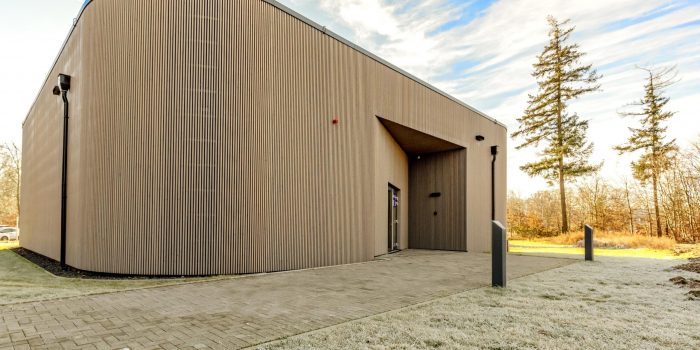German Federal Minister of Education and Research Bettina Stark-Watzinger, Minister-President of North Rhine-Westphalia (NRW) Hendrik Wüst, and European Commissioner Mariya Gabriel have officially put the system of quantum computers into operation during a ceremony held today, at which they highlighted the importance of collaboration in the development of practical quantum applications across industry sectors and research fields. The state government of NRW and the Federal Ministry of Education and Research (BMBF) are each providing € 5 million in funding to support the establishment of JUNIQ.
“To achieve this goal, we established JUNIQ as a user facility for open innovations at the Jülich Supercomputing Centre in 2019. It provides users with a uniform quantum computing platform as a service and offers them the relevant expertise for user support and joint software development,” explains Prof. Wolfgang Marquardt, Chairman of the Board of Directors of Forschungszentrum Jülich. “Through JUNIQ, we provide users and developers with service-oriented access to our unique Jülich quantum computing ecosystem. This offers users the best conditions to rapidly accelerate the utilization of quantum computers thanks to its excellent technical infrastructure and, above all, the pooling of our considerable expertise in the fields of supercomputing and quantum technologies.”

The new quantum system is the world’s first Advantage quantum annealer to be located outside the company’s home country, Canada. “We operate the system directly here at Jülich. This gives us the opportunity to integrate it closely with our supercomputing infrastructure,” explains Prof. Kristel Michielsen, a quantum computing pioneer and head of the Quantum Information Processing group at JSC.
“Given the extent to which companies and research institutions are identifying important problems that require investments in quantum computing, the marketing potential for quantum computing will grow at a faster rate than ever before,” says Alan Baratz, CEO at D-Wave Systems. “This particularly applies to Europe, where we are seeing increasing interest from companies, universities, and even government institutions. We look forward to combining Jülich’s expertise in the field of deep computing with D-Wave’s ability to scale and commercialize transformative technologies. I am proud that this is the first commercial quantum computing system in-region in Europe, deepening the impact of quantum computing in Europe, and am excited about the innovations and applications that will emerge from the system.”
These computers will help in solving optimization problems including the efficient control of traffic flows and the training of neural networks for artificial intelligence applications. D-Wave is a leading manufacturer of such quantum systems. Early quantum applications have been developed in a diverse range of areas such as financial modeling, flight planning, election modeling, quantum chemistry simulation, automotive engineering, healthcare, logistics, and more.
“We’re also looking at ways to integrate the new system into our supercomputing infrastructure. At that time, to the best of our knowledge, this would be the first instance of a quantum computer working directly with a supercomputer,” says Prof. Thomas Lippert, director of the Jülich Supercomputing Centre. “This is made possible because the quantum annealer has over 5,000 qubits and is therefore big enough to help with application-related problems that are typically calculated on supercomputers.”
A new building is made for the operation of the annealing quantum computer because this kind of quantum computing system requires a special, vibration-free location.


